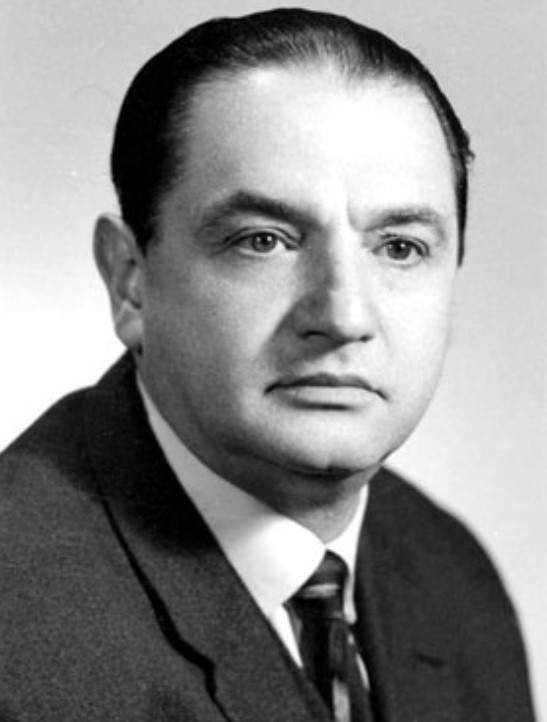On June 10, 1906, Jorge Icaza, the acclaimed Ecuadorian novelist, playwright, and social activist, was born in Quito, Ecuador. Best known for his groundbreaking novel Huasipungo, Icaza became a pioneering voice in Latin American literature, shedding light on the struggles of indigenous peoples and exposing the harsh realities of inequality and oppression in Ecuador.
A Trailblazer for Social Justice
Jorge Icaza grew up in a country marked by deep social and racial divides, experiences that profoundly shaped his worldview. Initially pursuing a career in theater, he gained recognition as a playwright before turning to novels to amplify the plight of marginalized communities. Icaza’s works stand as an indictment of social injustices, offering a raw and unfiltered portrayal of life for Ecuador’s indigenous population.
Huasipungo: A Landmark in Latin American Literature
Published in 1934, Huasipungo (often compared to Steinbeck’s The Grapes of Wrath) is Icaza’s most famous work. The novel captures the exploitation and dehumanization of indigenous laborers on Ecuadorian haciendas. Its unflinching realism and powerful narrative ignited conversations about class and racial inequality, earning Icaza international acclaim. Translated into numerous languages, Huasipungo remains a cornerstone of indigenista literature.
Beyond Huasipungo
Icaza’s literary achievements extend beyond his magnum opus. Works such as En las calles and El Chulla Romero y Flores explore urban struggles, national identity, and the complexities of Ecuadorian society. His ability to blend social critique with compelling storytelling cemented his status as one of Latin America’s literary giants.
A Legacy of Advocacy
Jorge Icaza wasn’t just a writer—he was a voice for the voiceless. Through his literature and public advocacy, he challenged the status quo, inspiring movements for social and cultural change in Ecuador and beyond. His work continues to resonate with readers who seek to understand the enduring issues of injustice and inequality.
Remembering Jorge Icaza
Jorge Icaza passed away on May 26, 1978, leaving behind a literary legacy that has shaped the course of Ecuadorian and Latin American literature. His fearless exploration of oppression and humanity ensures that his voice continues to echo across generations.




